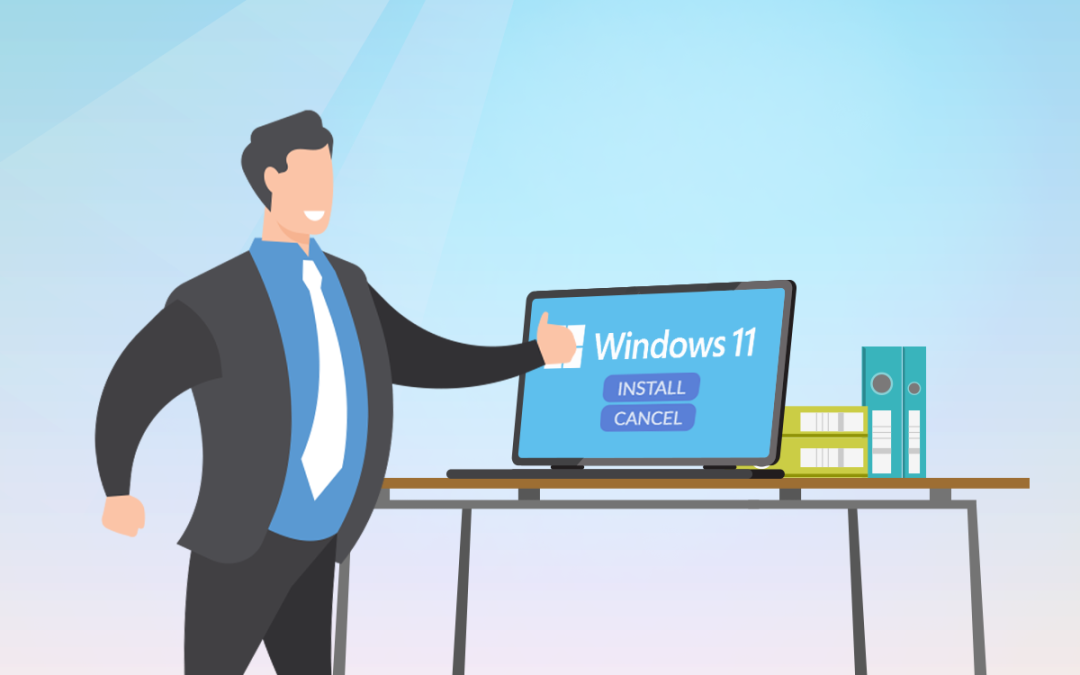
by Matt Ingram | Aug 17, 2021 | Blog
Mail or internet service providers (ISPs) use algorithms, custom configurations, and/or machine learning to filter emails, and this keeps your employee’s inbox free from unwanted emails. The filters also aim to stop emails with ill intent (e.g. viruses, phishing, or ransomware).

by Matt Ingram | Aug 10, 2021 | Blog
Sending an email is convenient and quick, but when it comes to confidential data, you’re better off choosing another method of delivery, one that doesn’t have as many potential points of access for an ill-intentioned actor.

by Matt Ingram | Aug 5, 2021 | Blog
You may not think of yourself as “handy,” so the thought may not even have crossed your mind to take apart your cell phone or laptop to try and repair it. But did you know that in certain cases it might be illegal for you to even try? There is a debate raging over “right to repair.”

by Matt Ingram | Aug 3, 2021 | Blog
Windows 11 simplifies Microsoft’s operating system and user interface. The new release is still only at the preview stage, but we know there’s a new startup sound and Start menu. Additionally, snap controls allow users to resize and reposition windows on their desktop. Microsoft also touts its content personalization tools and many widgets to choose from. Plus, an app store rebuild makes it easier to browse, install, and update applications.

by Matt Ingram | Aug 1, 2021 | ebooks
Cloud computing enables the remote work we relied on in 2020 and so much more. No wonder a majority of businesses have at least some data in the cloud. But you don’t also want to be among the bulk of businesses that are overpaying for their cloud services.





